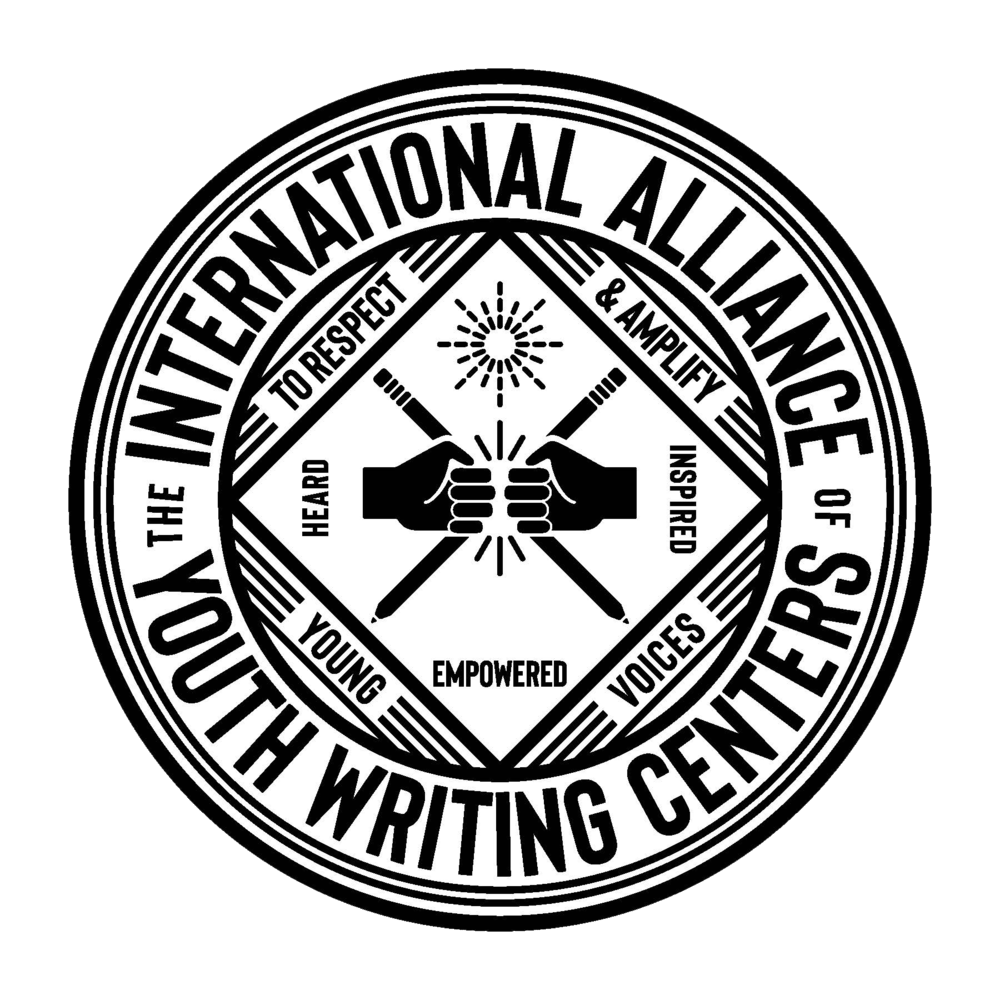Untitled
by Noa Gur Golan, Age 20, Tel Aviv, Israel
Noa was a Delegate for the 2018 International Congress of Youth Voices.
An Israeli activist currently living in Tel Aviv, Israel, Noa Gur Golan is completing her civil service as a community manager of an entrepreneurial youth hub. At 16, she was selected as a recipient of a full scholarship to attend school in Italy at the United World College, an institution that is part of a global education movement with the mission of making education a force that unites people, nations, and cultures for peace and a sustainable future. Upon graduation, Golan returned to Israel, inspired and motivated to continue her learning and activism. She joined and became a driving force of the Women Wage Peace movement, the largest grassroots campaign in Israel to demand “a mutually binding non-violent accord, agreeable to both sides”. At 18, Golan, a pacifist, decided to refuse enlistment in the Israeli Army, a government requirement for all Israelis. After meeting with two military conscious committees (both rejected her case), she was sentenced to four months in a military prison. Below is a reflection on that experience.
—
Tomorrow I will be sentenced again, as I asked to do civil service because of reasons of conscience. It is not easy to go back to prison. Especially after a few days of freedom at home... But here is a tiny reminder to myself why:
This last Wednesday, I had the privilege of joining the “Sea Days” program, founded 11 years ago by 4 inspirational women. The organization brings groups of children and women from the occupied territories in the West Bank, for a fun day at the beach of Tel Aviv. Many of these people have never seen the sea, even though they live a one hour drive away.
I remember the moment when the bus arrived to the beach, I remember the unexplainable embarrassment I felt at first. What should I say? How do I even communicate with them? Magically, this feeling faded away in seconds. It faded away when I saw the children smile when they touched the sea water for the first time, the ease with which the children took a swim ring in one hand and held an Israeli volunteer’s hand with the other. It faded away when Malak, a 10 year old, asked me (using body language), to help her put sunscreen on her face. In seconds, she took my hand, shouted “Yala” and we were running into the water.
In a second, all the fears disappeared, all the barriers: the language barriers, the emotional ones... Those physical barriers they had to go through that very morning in order to come to the sea, but those checkpoints will be there also on their way back.
When the day came to its end, our Palestinian friends went back to Qalqilya, and I went back to my home in Netanya. For as long as I can remember, I have been able to open my house window, see this never-ending blue; I just have to cross the street—and I am there.
It took me some time to articulate my thoughts from that day, as it is much more than just a fun day on the beach... What are we actually doing in order to change the bloody reality, which we got so used to living in?
When I talk about my refusal [to join the army] with people around me, I hear: “There is no choice but using the military way”; “They teach their children to hate Israelis”; “Everything starts because of their incitement”; “There is no partner”. There is no doubt, violence exists, incitement exists—on both sides.
My question is, what do we do in order to solve the problem from its roots? What must be done in order to raise a new generation here? In order to show a different image of Israelis to those Palestinian children, than one with the uniform and guns? And for us Israelis, what must be done to inspire a different image of Palestinians than the one we saw in yesterday’s news?
Where does our responsibility as Israelis, as humans, start and where it end?
I am going back to the military prison tomorrow with mixed feelings. Honestly? It is tough to go back. I feel very passive at the prison, lots of hours of doing nothing in the cell... It is very easy for me to forget why I am even there.
On the other side, when I am thinking of the truthful reason behind my refusal, I am filled with strength to keep on the fight. My personal fight: to live and contribute to the society according to my conscience, and for a much bigger fight than me and my refusal: the fight for peace, for a real security and freedom for all those who are living here – Israelis and Palestinians.
Out of faith in humans and not in weapons, I know there is another way.

